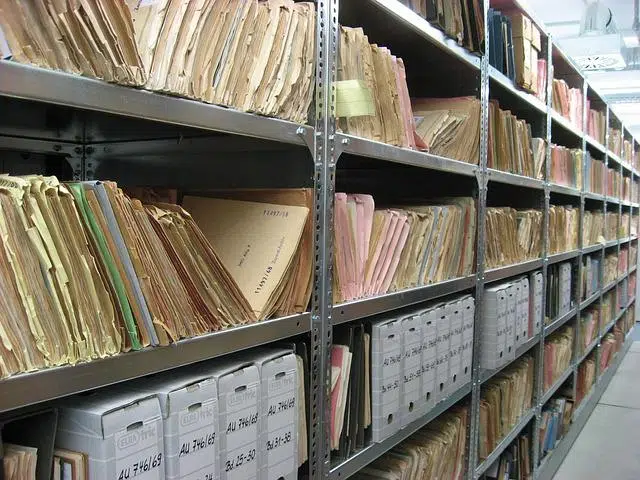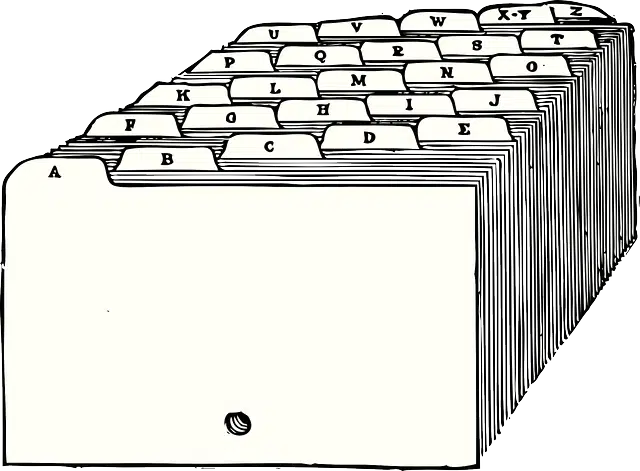
The place where important documents are stored and guarded is known as an archive.
Archive comes from the Latin archivum , although its most remote origin is found in the Greek language and can be translated as “residence of the magistrates” . The term is used to name the ordered set of documents that a company , an institution or a person prepares within the framework of its activities and functions.
For example: “I don't remember when we signed the contract: I'm going to go to the archive to confirm it” , “I have an impeccable record, you just have to go to the archive and check it for yourself” , “This journalist is recognized for keeping the most important about Uruguayan cinema.”
Uses of the concept
The action and effect of filing (saving documents, ending a matter) can be mentioned as filing: “The secretary has already delivered the documentation so I am going to proceed to file it,” “The victim's family is furious since the court “ordered the file of the case.”
The place where important documents for an organization are kept is also known by the name of the archive: “The General Archive of the Nation preserves thousands of texts that are a valuable testimony of national history” , “You can find more information in the archive of the Congress” , “A fire in the theater archive destroys the original scripts of the most famous works” .

You can differentiate between physical files and digital files.
Digitization of archives
Several decades ago, archives were exclusively physical, since the necessary technology to store them digitally did not exist; Before companies began to enter their documents into databases, they had immense warehouses full of high shelves, in which boxes and folders were preserved that fought in vain against the deterioration typical of the passage of time.
Throughout this digitization process , many companies discovered that they had lost part of their files due to the action of humidity, which produces the decomposition of matter that is then populated by fungi and devoured by insects. On the other hand, depending on the type of ink used, some old documents may show loss of sharpness, to the point of having become practically illegible.
It is worth mentioning that, for different reasons, certain books and documents cannot be discarded to be replaced by a digital version, since they have a historical value that requires their conservation in physical format. However, transferring its content to a computer, as well as scanning it to be viewed in three dimensions, are ideal for reducing its deterioration and allowing people to review and observe it as many times as they wish.
The concept in computing
In the field of computing , a file is a set of digital information that can be stored on a computer or other type of device: “Please ask Rubén to resend the file to me by email since I never received it.” , “It is a very large file: it will take a long time to download” .
Each type of content usually requires a different type of file, tailored to its needs: text is not stored in the same way as an image or video. However, within each class there are also various alternatives, which usually impact the disk space they occupy ; This is because computing offers as many options to perform a task as there are ideas that humans have, and every time a method arises to save and load information more efficiently, the size of the files is reduced.
On the other hand, there are tools capable of compressing files; Among the best known are WinRAR, WinZIP and 7-ZIP. With its help it is possible to considerably reduce the size of certain documents, although in some cases, such as high-definition videos and images that have already been optimized, they are not very effective.
